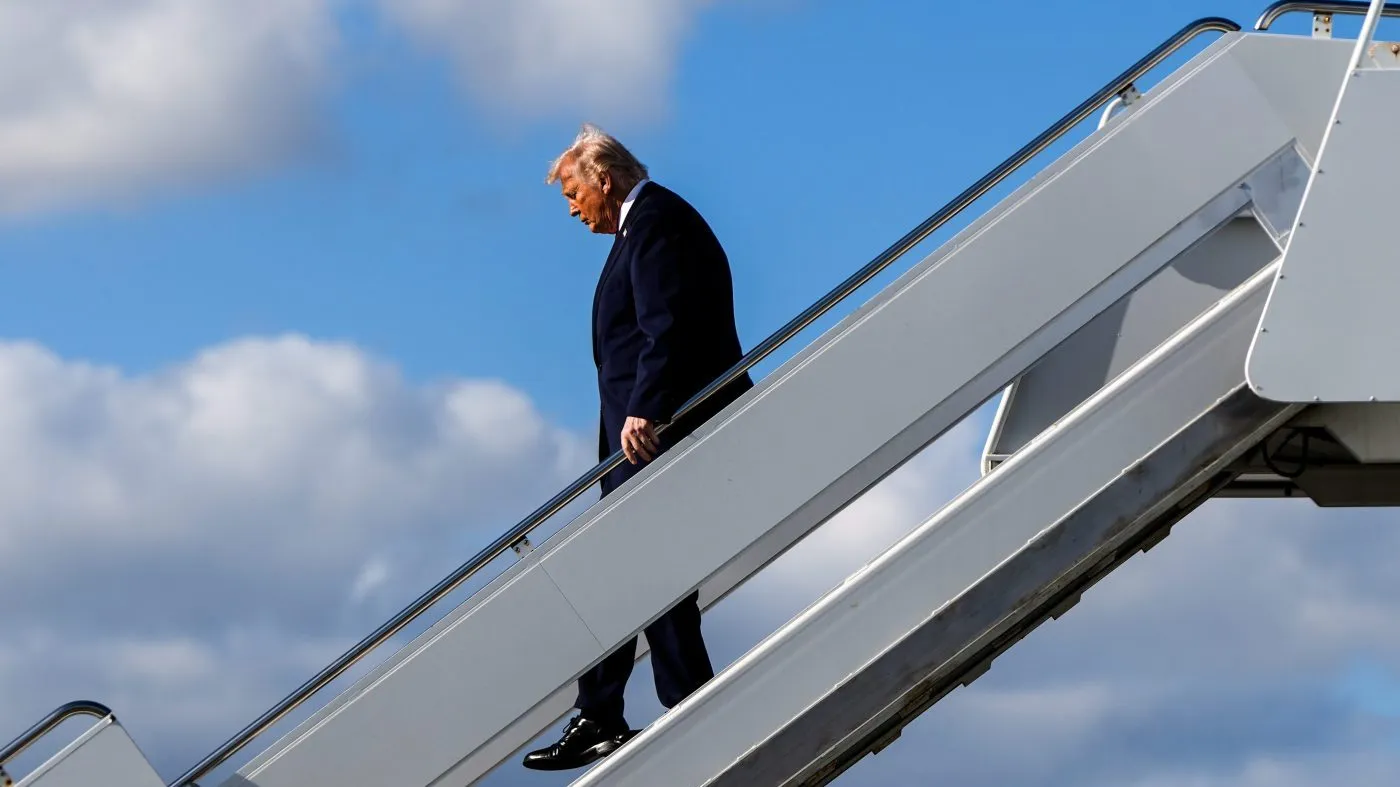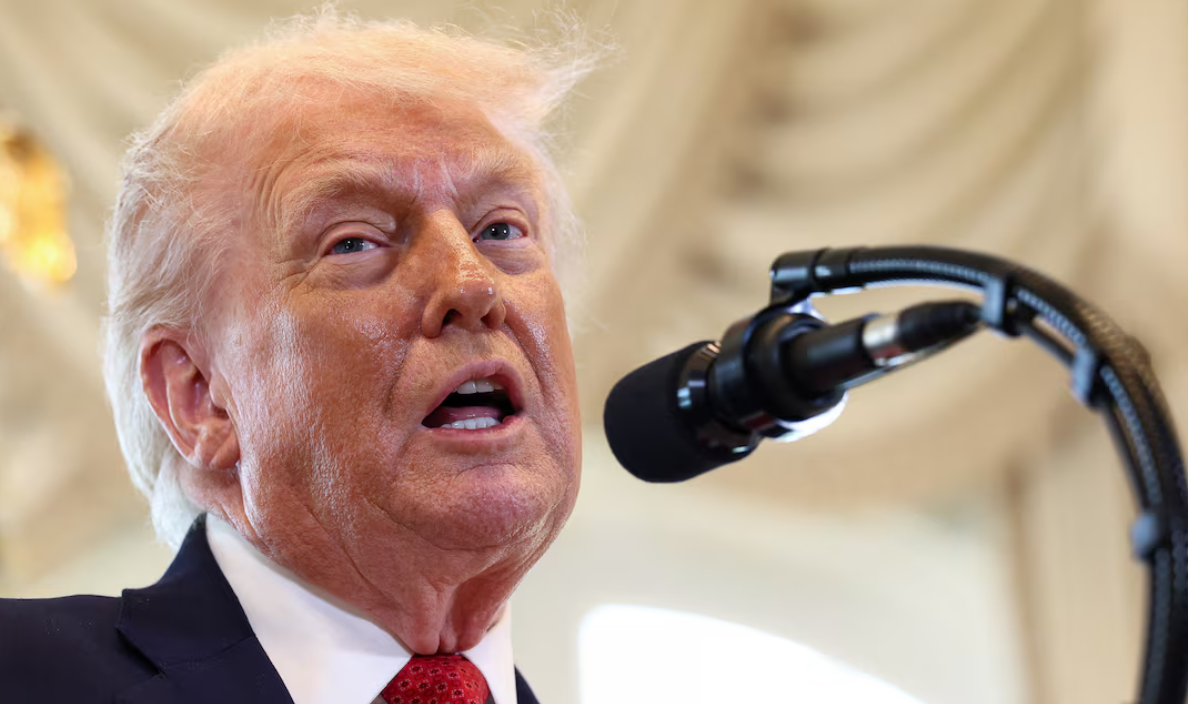Block is accusing payment-card networks and their member banks of charging inflated fees and using their market power to sustain anticompetitive practices.
Block alleges in a lawsuit filed July 14 that member banks involved with each network colluded to sustain network fees, called interchange, at a level above what would be tolerated in a competitive market. The complaint, filed in the federal court for the Eastern District of New York cites an “Honor All Cards” policy that requires merchants to accept all cards, regardless of the issuing bank, on the VisaV -0.7% or MastercardMA +0.3% networks. Since merchants are not allowed to pick and choose which cards they accept, the issuing banks do not compete to win the favor of merchants, according to the suit. Member banks agree to default fees set by Visa and Mastercard so they are not incentivized to undercut each other on price and instead benefit from inflated fees, the suit argues.
As a result, there are no forces driving interchange fees down and merchants have few options for avoiding them. Interchange fees are set at varying levels depending on the type and size of the merchant and the consumer’s card, according to the suit. Credit card interchange fees typically range between 1% and 2.5%. Visa declined to comment on pending litigation and Mastercard did not respond by the time of publication.
“As the number of interchange categories has increased dramatically, Visa and Mastercard have captured ever-greater margins through increased opacity and complexity,” the lawsuit reads.
With 82% of U.S. consumers holding at least one credit card, merchants have little choice but to accept them all, especially as U.S. consumers become accustomed to paying with virtual cards stored on digital wallets in addition to the traditional plastic variety. Apple’sAAPL +0.5% tap-to-pay has made it more convenient than ever for consumers to use their credit by touching their phones against card readers in stores. Despite merchants’ distaste for interchange fees, processing volume for Visa increased 7% year-over-year in Q1 and 10% year-over-year for Mastercard. They have remained consumer favorites largely thanks to the convenience and fraud protections they provide.
In order to accept card payments, merchants must agree to Visa and Mastercard network rules and fees. Both companies started out as associations of banks which worked together to govern the networks. In 2008 and 2006, respectively, they became public companies.
This is not the first time Visa and Mastercard have faced litigation in connection with interchange fees. In March, an appeals court upheld a $5.6 billion settlement agreement in a class action antitrust suit over swipe fees filed by gas station operators against Visa and Mastercard. In 2019, both networks agreed to cut fees in Europe in a settlement agreement to end an antitrust probe by European Union regulators. In January, the antitrust division of the U.S. Department of Justice requested additional documentation from Visa as a part of an investigation into its practices which began in early 2021.
Block has played a role in the accelerated use of payment cards in the United States. Its merchant business, Square, offers handy, cost-efficient readers that have become commonplace among small-to-medium sized, brick-and-mortar businesses that used to rely on cash. Today, even if you go to a local street fair or flea market, vendors are often accepting credit and debit cards using products like Square’s. Square pays the Visa and Mastercard fees, then charges its merchants platform fees. On both card networks, merchants and payment facilitators like Square are subject to an additional fee based on their number of locations. The fee is felt more strongly by facilitators like Square since each of its sellers counts as a location. Block alleges that this fee has increased over time and is “highly complex, difficult to calculate and unavoidable.”
Visa processes just over 60% of all credit card transactions in the United States. In 2022, its payments volume was $14 trillion across 80 million merchants, in addition to 20 million more working through facilitators like Block’s Square. Mastercard is the second-largest card network with $8.2 trillion processed worldwide last year.




